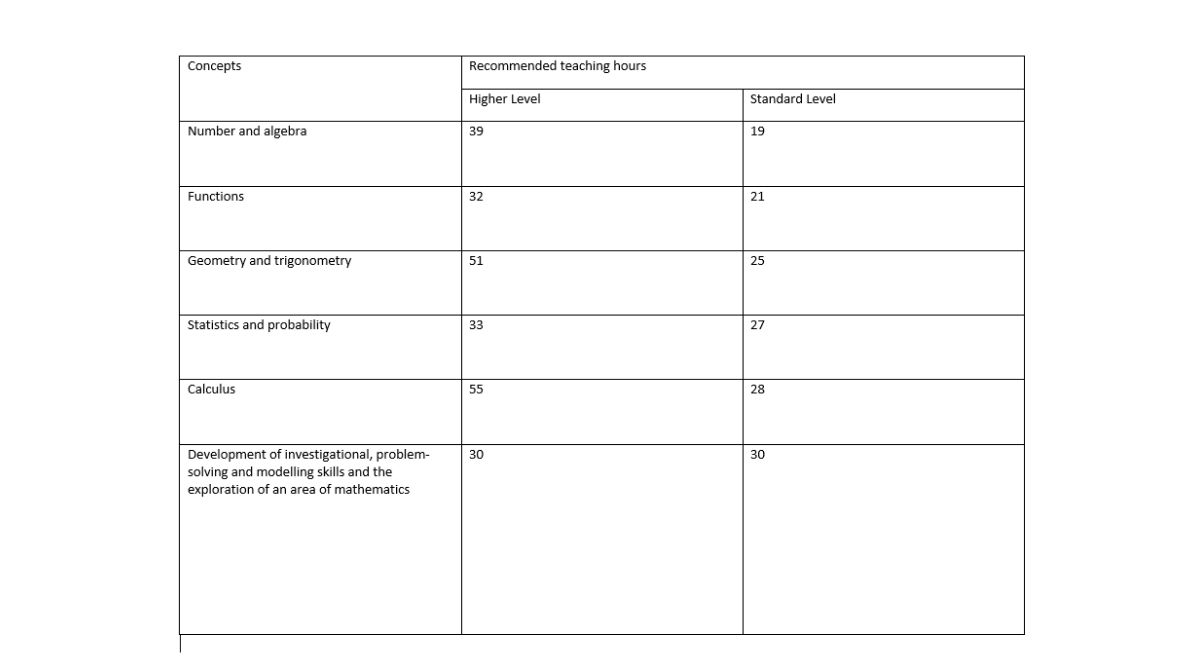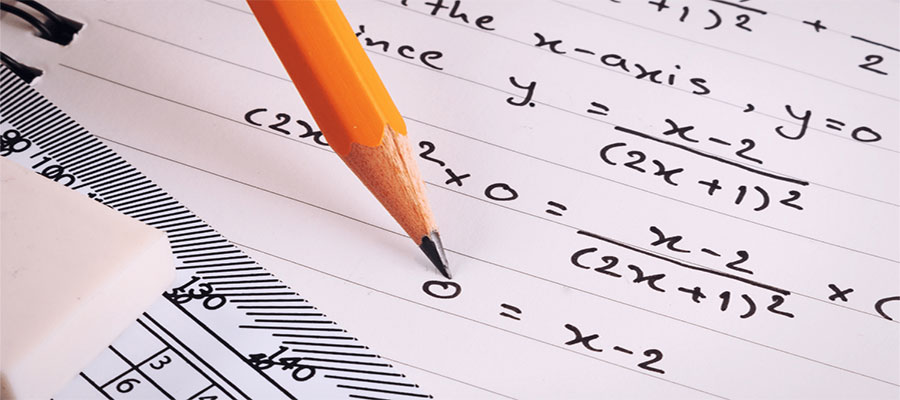What happens in IB Mathematics: Analysis and Approach?
Students must take at least one mathematics course as part of the IB DP program's requirements. In mathematics, students can only take one of the three courses. All DP mathematics courses are designed to meet a wide range of student needs, interests, and talents, as well as to meet the criteria of various university and professional goals.
IB students will be able to develop mathematical knowledge, concepts, and principles; develop logical, critical, and creative thinking; employ and refine their abilities of abstraction and generalization through these courses. They are also taught to recognize mathematics' worldwide implications, as well as the diversity of cultural and historical viewpoints on the subject.
We'll talk about IB Mathematics: Analysis and Approach in this blog.
In a world where creativity is increasingly dependent on a strong understanding of mathematics, the course understands the necessity for analytical expertise. The course's main goal is to develop essential mathematical concepts in a way that is understandable, coherent, and rigorous, which will be accomplished through a carefully balanced approach. Students are encouraged to use their mathematical knowledge to solve both abstract and concrete issues in a variety of circumstances.
The ability to generate, express, and justify sound mathematical arguments is emphasized heavily in math analysis and techniques. Students are required to gain an understanding of mathematical form and organization, as well as to be cognitively prepared to recognize the connections between concepts in many subject areas. Students are also encouraged to obtain the necessary skills to continue their mathematical development in different settings. Internally assessed exploration allows students to build mathematical learning independence. Throughout the course, students are urged to approach various mathematical activities with caution and to investigate diverse mathematical concepts.
Curriculum Model Overview

Total teaching hours: High Level- 240, Standard Level- 150
Assessment Model
Problem-solving is fundamental to learning mathematics, according to the official subject brief, and involves the development of mathematical skills and concepts in a wide range of contexts, including non-routine, open-ended, and real-world challenges. The assessment objectives for IB Math AA and AI are –
- Knowledge and understanding: Recall, select, and apply their grasp of mathematical facts, concepts, and processes in a variety of recognized and unexpected circumstances.
- Problem solving: Recall, select, and apply their mathematical skills, results, and models to solve problems in both abstract and real-world contexts.
- Communication and interpretation: Transform ordinary reality circumstances into mathematics; remark on the context; sketch or draw mathematical diagrams, graphs, or constructions on paper or using technology; use standardized notation to record techniques, solutions, and conclusions; apply proper notation and vocabulary.
- Technology: Use technology to explore new ideas and solve issues in a precise, suitable, and efficient manner.
- Reasoning: Use precise assertions, logical deduction, inference, and mathematical expressions to construct mathematical arguments.
- Inquiry approaches: Investigate novel circumstances, both abstract and real-world, by organizing and evaluating data, making conjectures, drawing conclusions, and verifying the validity of those conclusions.
The investigation is a required component of the course and its evaluation for both SL and HL students. It allows students to demonstrate the application of their abilities and knowledge while also allowing them to explore their personal interests without the time constraints and other restrictions that come with written exams.
Do you want to raise your grades? Request one-on-one instruction with the finest IB experts at IB Scholars. Make an appointment for your first class right now!








